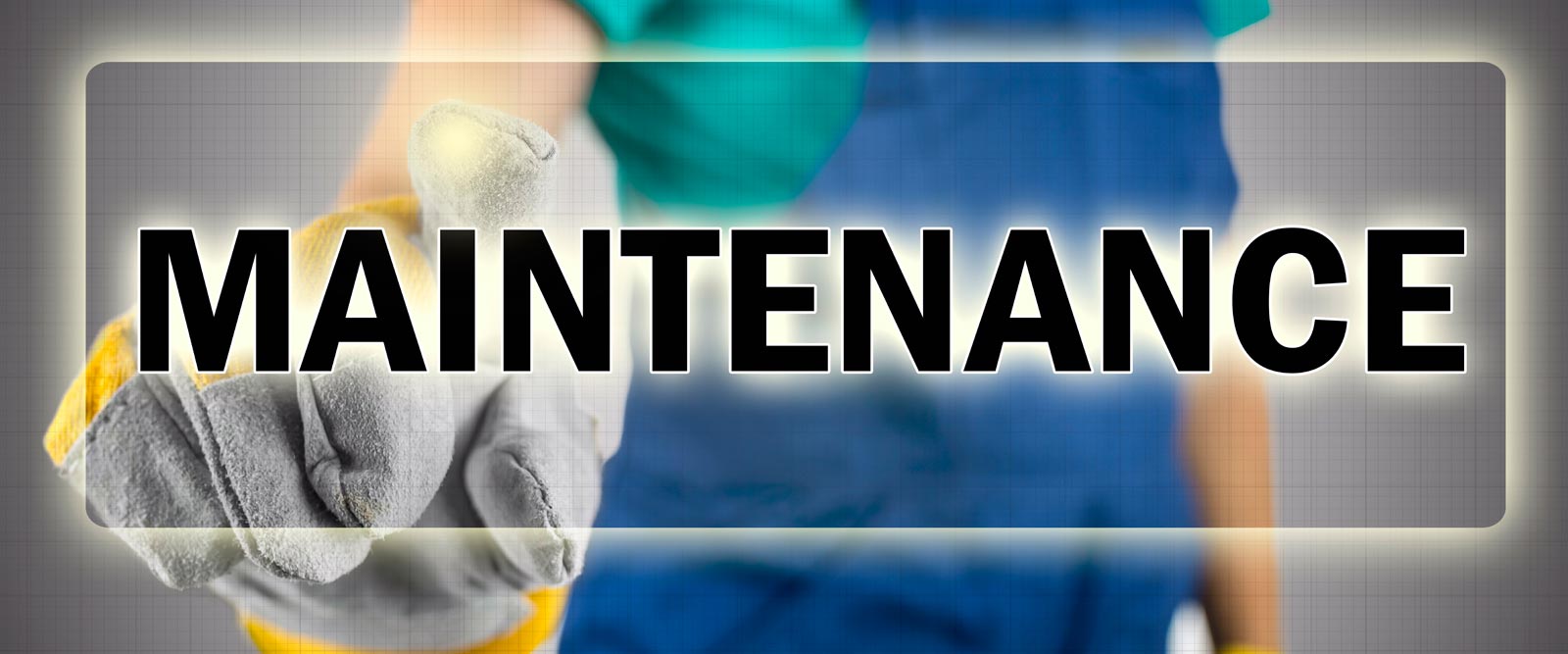HVAC Preventative Maintenance to Beat the Hottest of Days of Summer
Has this summer been a nightmare season for your commercial air conditioner system? The temperatures were certainly hot, and this is Texas, so you expected it to be humid, but if it wasn’t one thing it was another.
It is decision time! Should you replace the air conditioner during the off-season or explore making repairs to get it through another summer? Answer these HVAC Preventative Maintenance questions to help make your decision:
How Old is Your Current Air Conditioner?
Do you remember when it was installed? If not, you may need to research the matter. Quality commercial air conditioning systems have an average lifespan of 15 to 20 years; well-maintained systems can last 5 to 10 years longer. If your system is older than this, you may already be on borrowed time.
How Well Was It Maintained?
You hear HVAC folks calling you to change your filters and have your system inspected annually. Did you heed this advice? There is a lot of evidence that properly maintained air conditioners function longer.
These visits serve to clean key component parts and reduce stress; we address the stress a little later. The inspection also catches small problems before they become big problems.
Has Performance Dropped?
Air conditioners are designed to cool the air, clean the air, and remove humidity from the air. Evaluate the performance:
- Is the building warmer than it should be? If you turn the thermostat down, does it keep up with the demand? On days above 100℉, a functioning system might struggle to cool large spaces to the normal comfort level, but anything less should be considered unacceptable.
- Is the building muggy? Do solid surfaces feel sticky? An air conditioner that fails to remove adequate humidity is performing poorly. It is more than just a comfort problem; excess humidity encourages the growth of mold and mildew indoors.
Are Utility Bills Higher?
Well, that is a given, since energy costs are up across the country. Take a look at utility bills over the last 5 years or more. The bill might not itemize air conditioning and heating, but you should see a trend if there is a problem. Watch for the cooling spike that begins about April or May—when AC is a daily need. Consistently rising energy bills during the cooling season are another indicator that the system is declining.
How Often Does It Break Down?
Walking into a hot office on a summer morning is very stressful. It can interrupt business as usual and send people home. As an air conditioner ages, parts begin to wear out and function less efficiently than when new. A failing part causes other parts to work hard—earlier we called this stress.
A stressed component part is more likely to fail completely. If you must replace the same part repeatedly, this indicates another part that is failing. Eventually, a component will fail, and if the replacement of the part is too expensive to repair—replacement is necessary.
What Are You Waiting For?
The fall and winter of the year are excellent times to replace your commercial air conditioner. Next spring, the new models will be more expensive. Give yourself some time to shop around and get the right price.
Replacement during the off-season will be appreciated by staff and guests alike. Air conditioner installation labor will be stretched thin in the spring, but we are ready and affordable in the fall.
Let us help you with your HVAC Preventative Maintenance
Let us help with your HVAC Preventative Maintenance. Call Doctor Cool & Professor Heat today at 281-338-8751 or email Doctor Cool and let our professional AC Coil Maintenance technicians assist with all of your Air Conditioning Issues.

